Even With 10 Million COVID-19 Cases, A Doctor Says India ‘Dodged A Bullet’
Enlarge this image
Dr. Gagandeep Kang, an infectious diseases researcher at the Christian Medical College in Vellore, India, says India has «dodged a bullet in the pandemic.
Gagandeep Kang
hide caption
toggle caption
Gagandeep Kang
Goats and Soda
Is Mass Vaccination The Best Strategy For All Countries? A Doctor’s Surprising View
A lot of countries in Africa and South Asia are behaving like India with lower severe disease and lower mortality. So it would be interesting from a research point of view to put all the data, all the biological samples from all the infected people, together to understand why the developing world is different.
What are the lessons that India should learn from the pandemic?
We need a system in which people have a primary care clinic where they would get what they need for most of their infections. A clinic that would have the ability to recognize when something might be a more serious issue and refer you as early as possible to the right kind of facility. Currently in India, tertiary care hospitals [large multi-speciality hospitals where someone is referred to by their primary physician] are overloaded with patients. You don’t need to go there for every illness.
In addition to building the infrastructure for primary health, the government also needs to build a structure for communication at the community level in ways that people trust. The coronavirus has been demonized and people have been stigmatized so much that people hide from any aspect of testing or reporting. Building community trust in health information, in public health authorities, in science, we just have to do that. The government wouldn’t need to convert [the enforcement of the pandemic guidelines] into a law and order situation if they could treat it as an education and communication situation.
What’s going to be the biggest challenge for India going ahead?
Distribution of vaccines is going to be the big one. As long as you are looking at distributing vaccines by occupation — healthcare workers, policemen, security guards, municipal workers — that’s all doable because you know where to find them. But once you get to finding the elderly, people with co-morbidities, I think we will start to see challenges.
My big worry is that we have so much inequity in health that the people who are going to get left out of this vaccination program are those most at risk of catastrophic health expenditures. If we want to protect them we need to set up systems for delivery and for monitoring health at a level that we have never done for adult populations. I’m glad to hear that the government is planning to use the election infrastructure for delivering vaccines. [That could involve setting up vaccination booths at locations where polling booths are set up and identifying those who need the vaccine on a priority basis through demographic data in voter lists]. [India’s robust election system] is practically the only thing that reaches the vulnerable parts of society.
Even with vaccines, I think we are again very lucky in India because we’ve got all these wonderful vaccine companies that are going to be able to provide to India perhaps more vaccines to more of our population than many other developing countries will have access to. I’m actually more worried about the rest of the world.
- India
Обсудим?
Смотрите также:

